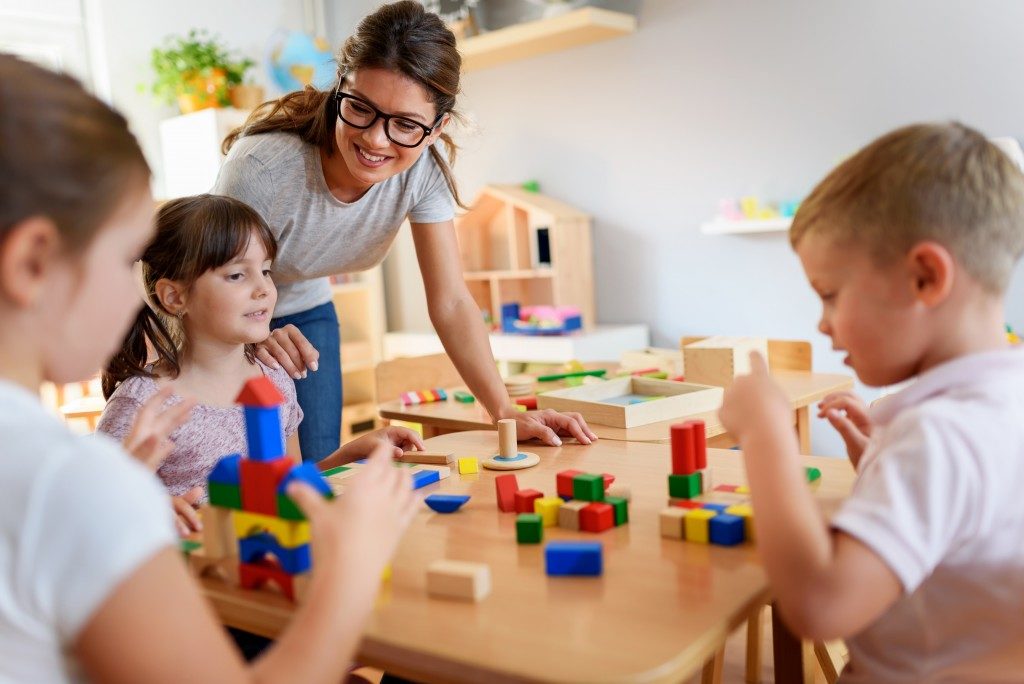In occupational therapy, toys are a powerful tool to help the psychosocial development of children. Play is a child’s foremost socialization approach to learn new skills and be productive in society as they age. Play facilitates the effective progress of language and learning.
Play therapy is an approach to harness the power of interpersonal communication by employing play as a therapeutic mechanism. According to the Australian Psychological Society, play therapy is a potent way to drive engagement among kids, allowing them to use, control and manage their social skills better.
Materials Used in Play Therapy
Therapists use many types of toys in play therapy. These toys are chosen with the purpose of letting children express how they feel. Researchers advise using occupational therapy toys that are durable and quick to clean. And these toys must be designed to help children create play themes that are seen and felt in real life or in fantasy. They must also be gender-sensitive and culturally-sensitive.
As for the playroom, it is recommendable to have a dollhouse complete with a set of family, toy cars, toy soldiers, toy animals, balls, Lego blocks, and art materials, among others. It is important that toys and materials in the playroom represent many activities in life that a child sees and interacts in. It is also noteworthy to ensure order and safety in the playroom.
The Advantages of Play Therapy

Treatment plans used in play therapy are often applied as the main intervention approach or as a complementary therapy for many issues or disorders. As with children, autism, learning disabilities, and social development-related problems are a few of the most common issues that play therapy targets. Children who have experienced family problems such as divorce or physical abuse, natural disasters, and death also benefit from play therapy.
As per the results of research conducted during the last few decades, it has been found that play therapy helps children:
- Manage their behavior and learn to create strategies to cope with such behavior;
- Create solutions to the issues they face every day;
- Learn to respect and accept themselves and other people;
- Learn to feel their emotions and express them accordingly;
- Feel what others think and feel and learn to respect them;
- Gain new skills to improve socialization and relationships; and
- Develop self-belief and independence.
Outcomes from over a hundred play therapy studies also show that play therapy is a very effective treatment model. Results were largely positive, detailing how age- and gender-appropriate play therapy is doing in terms of efficacy. More so, the treatment’s results will be more positive if a parent actively participates in the program.
Play therapy is a systematic approach to finding issues that matter to a child in their development as well as crafting solutions to manage their response to such issues better. Children grow and learn with the social environment as an influencing backdrop. In play therapy, the toys serve as the words of the child, while play is the language.

